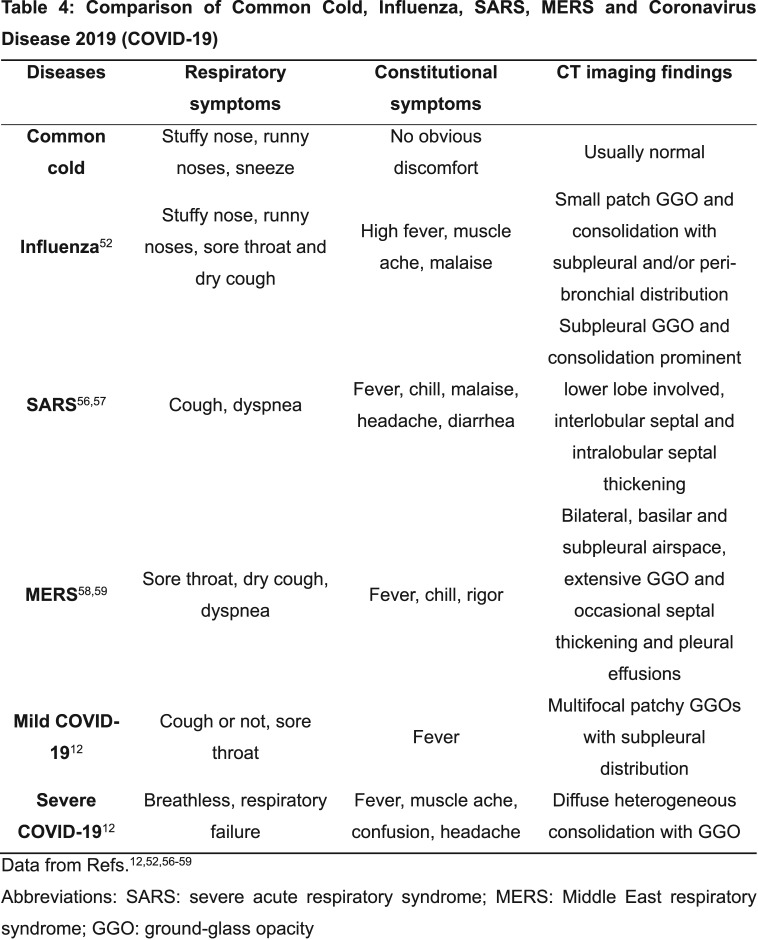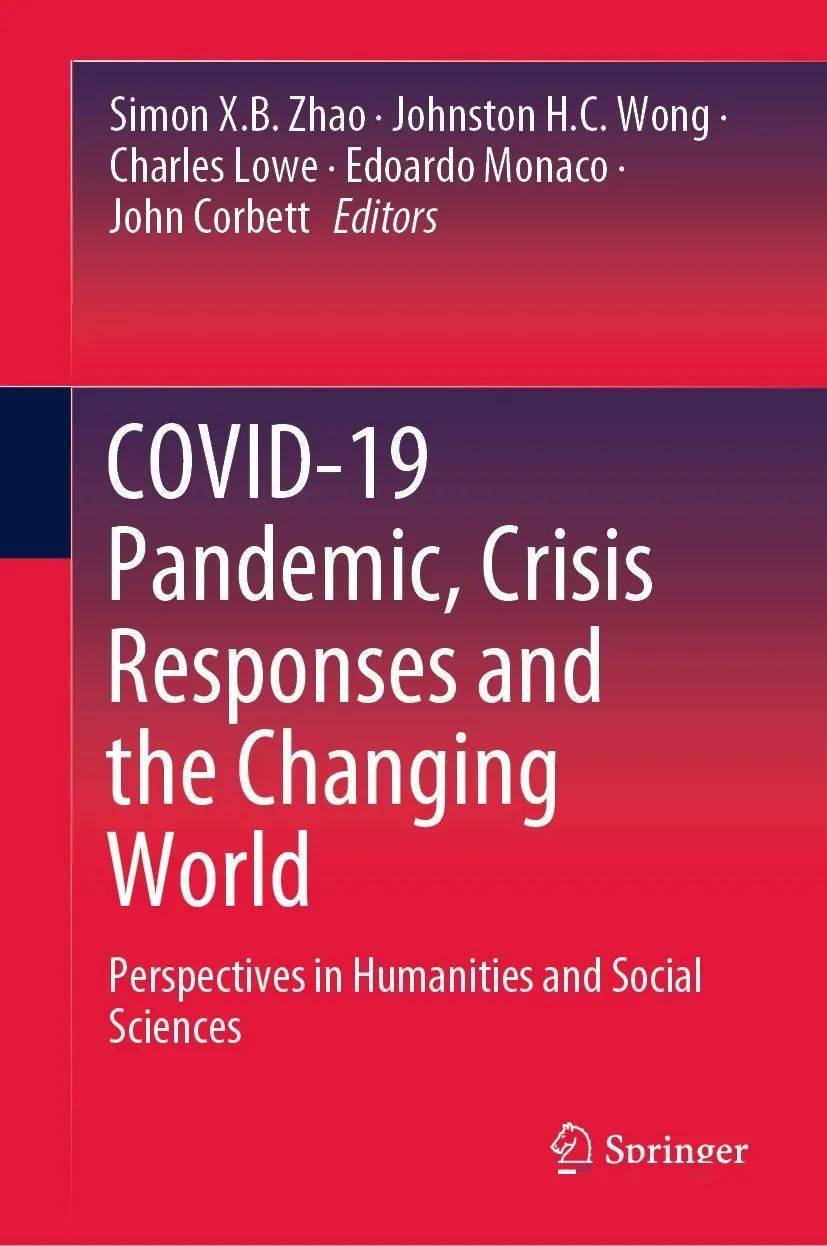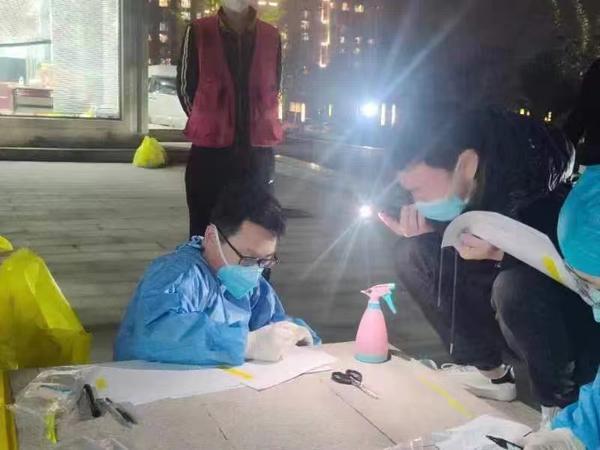The COVID-19 pandemic, an unprecedented global health crisis, has reshaped the world as we know it since its emergence in late 2019. The virus, officially named SARS-CoV-2, is a member of the coronavirus family, which also includes the SARS and MERS viruses. Its initial outbreak in Wuhan, China, quickly spread across borders, infecting millions worldwide and leading to a global health emergency declared by the World Health Organization (WHO) on January 30, 2020.
The COVID-19 pandemic has not only posed a significant threat to public health but has also had far-reaching economic, social, and political implications. Governments across the globe implemented stringent measures such as lockdowns, travel bans, and social distancing to curb the spread of the virus. These measures, while effective in flattening the infection curve, have also resulted in unprecedented levels of unemployment, supply chain disruptions, and a decline in global economic activity.
The pandemic has underscored the importance of global cooperation and solidarity in times of crisis. Healthcare workers, who have been at the forefront of this battle, have faced immense risks and sacrifices, often working under challenging conditions with limited resources. The pandemic has also highlighted the need for robust public health systems and equitable access to healthcare worldwide.
Vaccines have emerged as a beacon of hope amidst this darkness. The rapid development and deployment of COVID-19 vaccines, facilitated by international collaborations and scientific advancements, have been a crucial turning point in the fight against the pandemic. However, vaccine inequality remains a pressing concern, with some countries vaccinating their populations faster than others due to access to resources and funding.
The pandemic has also sparked a renewed focus on digital technologies and their role in both mitigating the impact of the crisis and fostering new ways of working and learning. Remote work, e-commerce, and online education have become essential components of our daily lives, reshaping industries and societies.
As we navigate through this unprecedented time, the lessons learned from the COVID-19 pandemic will undoubtedly shape our future responses to health crises and serve as a catalyst for systemic changes in healthcare, economics, and society as a whole. It is imperative that we continue to prioritize science-based decisions, foster global cooperation, and ensure that no one is left behind in our collective recovery efforts. The road to recovery is long and winding, but with resilience, innovation, and collective action, we can emerge stronger from this global health crisis.
转载请注明来自爬爬百科,本文标题:《全球健康危机,COVID-19疫情的全面概述》












 京ICP备11000001号
京ICP备11000001号
还没有评论,来说两句吧...